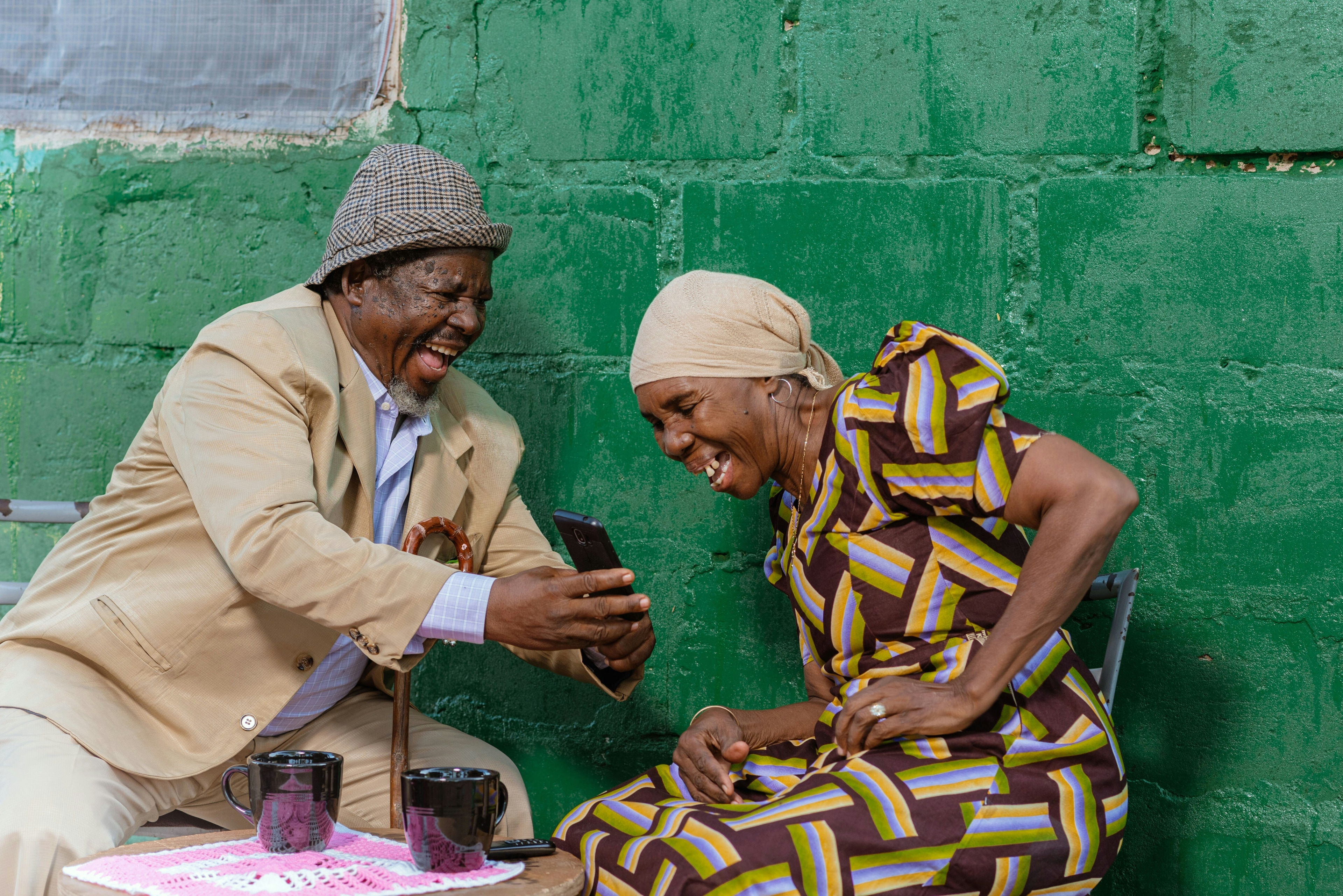Losing their religion? These are the world’s most atheistic countries

A man holds a rosary during Sunday service at a makeshift, tin-roofed church in Youtong village, Hebei Province, China Image: REUTERS/Thomas Peter
China is the world’s least religious country, according to a survey by WIN/Gallup International. Only 9% of the country considers itself religious, while 67% claims to be atheist - more than twice the amount of any other country.
The data, which is based on a survey of more than 66,000 people in 68 countries, suggests a further 23% of Chinese people are non-religious. The results reflect attitudes towards religion in the country, as education rules introduced in China last year said parents should not promote hardline religious beliefs in children or make them dress in specific clothing. The new regulations also banned any form of religious activity in schools.
Sweden, the Czech Republic and the UK are the next least religious countries. In Sweden, 18% of people define themselves as atheist and 55% as non-religious, while the Czech Republic is 25% atheist and 47% non-religious. In the UK, 11% of people claim to be atheist and 58% non-religious.
But there are still countries with largely religious populations: globally 62% of those surveyed classed themselves as religious with Thailand (98%), Nigeria (97%) and Kosovo, India, Ghana, Ivory Coast and Papua New Guinea (all 94%) the most religious countries. Only 1% of people in Thailand and 2% in India define themselves as atheists, while no one in the other least religious countries put themselves in this category.
The research also suggests that many people hold different beliefs without identifying as a member of one particular religion. Seventy-four percent of respondents globally said they believe people have souls and 54% believe in life after death. There is also widespread belief in the idea of heaven (56%) and hell (54%). In Indonesia, Ghana, Nigeria, Kosovo and Azerbaijan, 100% of those surveyed said they believe in God, compared with 16% in China, 22% in Sweden and 29% in Japan.
Beliefs differ between age and social groups with certain notions diminishing with age: 74% of 18-24-year-olds believe in God, compared with 67% of those aged 65 and older. Similarly, while 60% of the youngest respondents believe in life after death, only 45% of the over 65s do. Those who have lower levels of education and who earn less hold more religious beliefs compared to those who have reached higher education levels and have a higher income, the survey suggests.
Separate research conducted by academics at Leeds Beckett University and the University of Missouri recently found that students in more religious countries were likely to perform worse in science and maths, citing an incompatibility between certain religious beliefs and the teaching of these subjects.
Don't miss any update on this topic
Create a free account and access your personalized content collection with our latest publications and analyses.
License and Republishing
World Economic Forum articles may be republished in accordance with the Creative Commons Attribution-NonCommercial-NoDerivatives 4.0 International Public License, and in accordance with our Terms of Use.
The views expressed in this article are those of the author alone and not the World Economic Forum.
Stay up to date:
Values
Related topics:
Forum Stories newsletter
Bringing you weekly curated insights and analysis on the global issues that matter.






